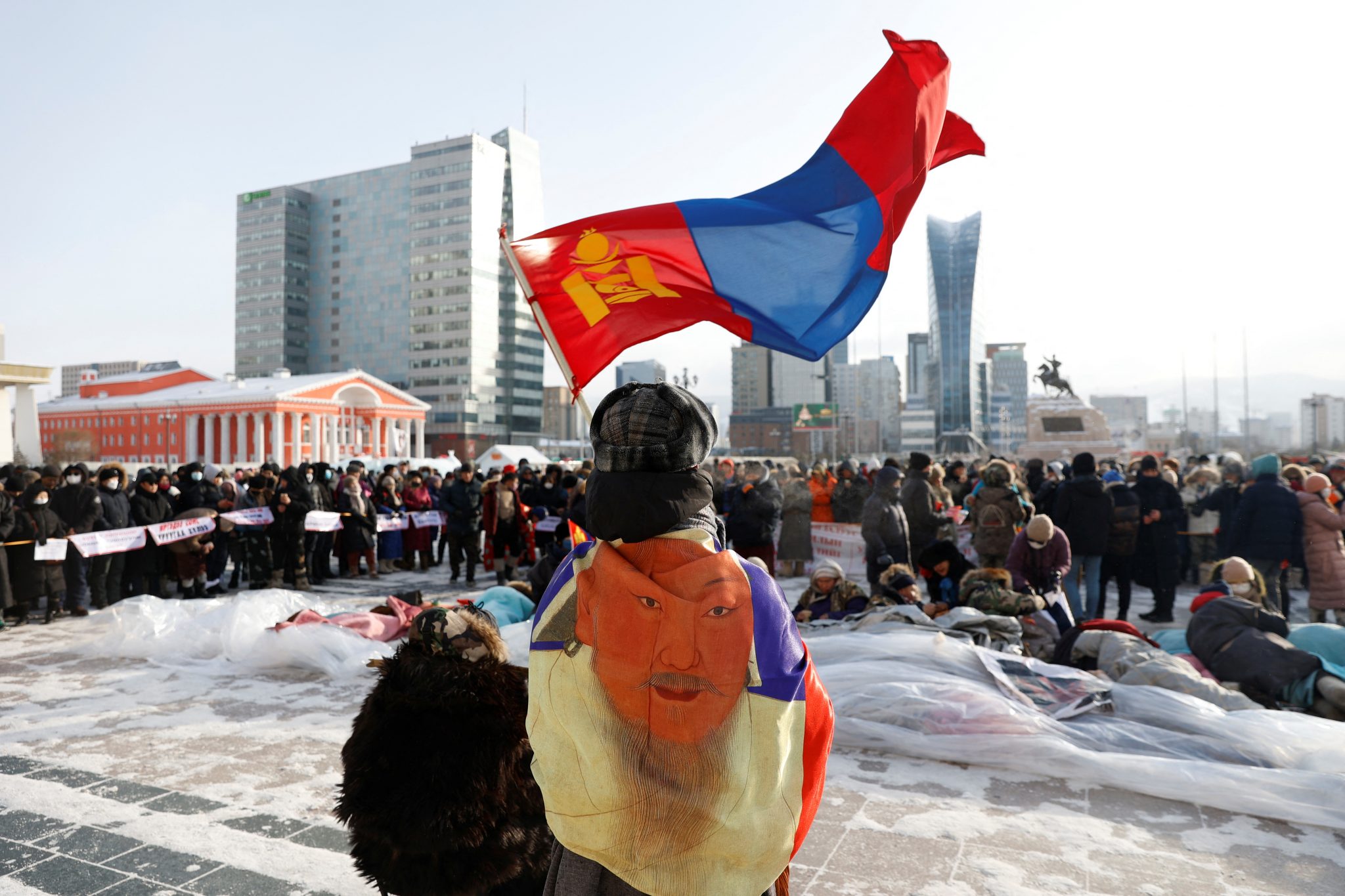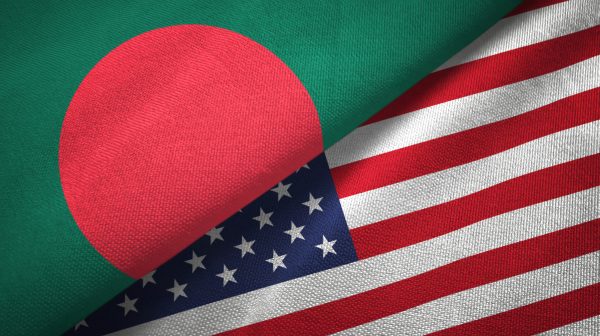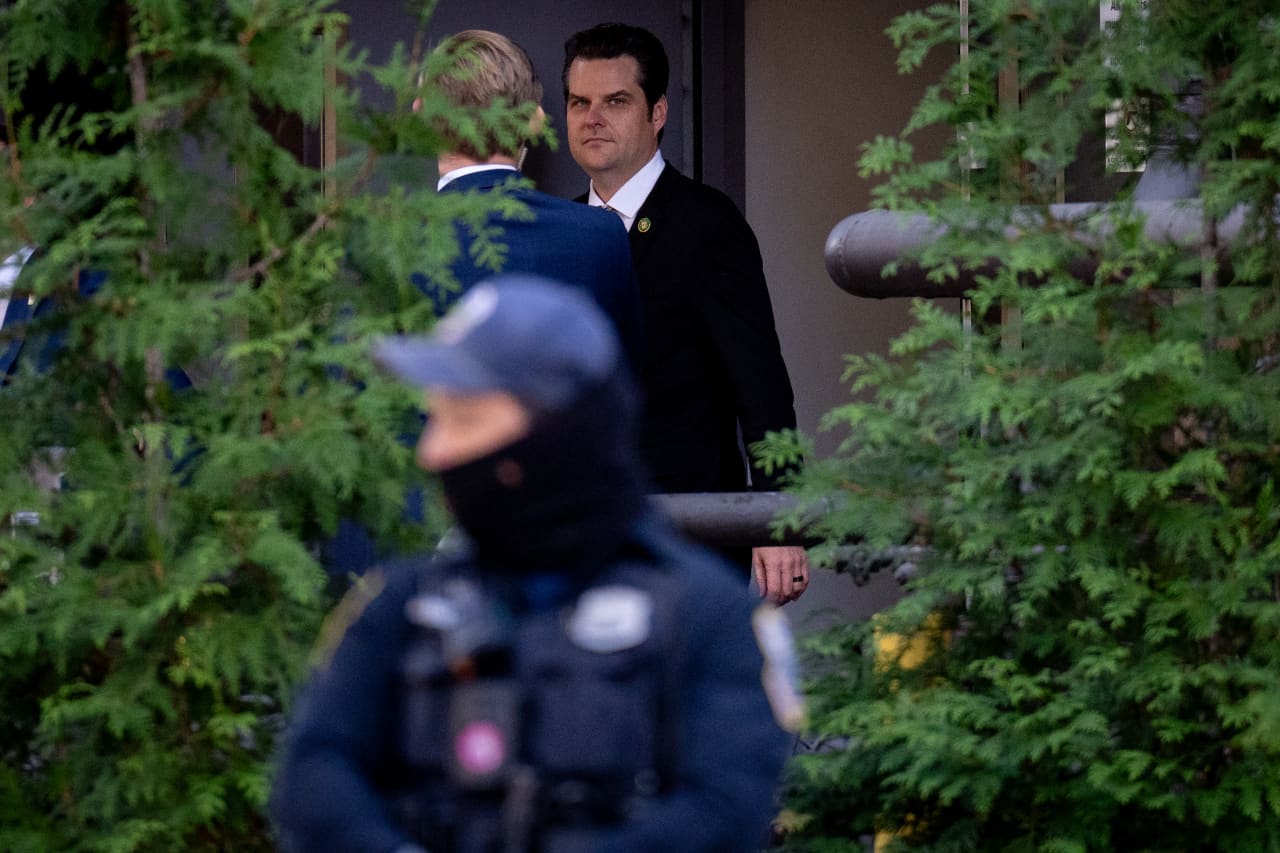Author: Julian Dierkes, UBC
Mongolia’s domestic party politics, international relations and economy faced challenges in 2022. The Mongolian People’s Party (MPP) wrestled with how to govern despite having a supermajority in Mongolia’s parliament, the State Great Khural, and how to position itself vis-a-vis Moscow following Russia’s invasion of Ukraine. The government staked its fiscal fortunes on reviving coal exports to China but faced protests on corruption allegations linked to a state-owned coal mining company.
The difficulties of governing with a supermajority in Mongolia appear to be an open question. The electoral triumph of the MPP in Mongolia’s parliamentary and presidential elections in 2020 and 2021 respectively, raised concerns about the potential for democratic backsliding.
There were questions about whether the MPP would revert to its former single-party ruling status and threaten Mongolia’s democracy. Yet developments in 2022 suggest that the party is unexpectedly struggling with how to make a supermajority work. The party discipline that once made the MPP a powerful force seems to have dissipated, with MPs largely reverting to ad hoc alliances to get pet projects passed in parliament.
Mongolia’s Prime Minister, Luvsannamsrain Oyun-Erdene, grappled with a constitutional amendment introduced in 2019 that restricted the number of members of parliament that could serve in the cabinet. While the amendment was intended to strengthen parliamentary oversight and subject matter expertise in cabinet appointments, it seems to have led to perceptions of weak minsters. Mongolia’s constitutional court threw out the amendment in August 2022, leading to a cabinet reshuffle. This brought more politicians into the cabinet in the hopes of shoring up PM Oyun-Erdene’s power. Another reshuffle in January 2023 further increased the number of politicians in the cabinet.
There were also questions around whether Mongolian foreign policy could adapt to the shifting geopolitical landscape in 2022. In response to Russia’s war of aggression against Ukraine, Mongolian society has been divided between largely older Russophiles and younger internationalists who express their solidarity with Ukraine. Mongolia’s government remained silent on the war for much of the northern-hemisphere spring, abstaining from votes censuring Russia at the UN General Assembly.
There was a perception that Moscow’s cosying up to Beijing would further reduce the degrees of foreign policy-making freedom available to Mongolia, as well as a realisation that a resurgently imperialist Russia — on whom Mongolia is entirely dependent for fuels and for electricity in its western regions — was waging an energy war on Europe. Plans for a trans-Mongolian gas pipeline from Siberia to China and proposed hydropower projects that would likely need Chinese funding ostensibly impact Mongolia’s relations with Russia and China too.
Yet Mongolia’s government embraced three internationalist initiatives in 2022. These are the Ulaanbaatar Dialogue (a regional security conference), a conference focussed on ‘strengthening the role of women in peacekeeping’ and UN Secretary-General Antonio Guterres’ visit to Ulaanbaatar in August.
In a speech to the UN General Assembly in September 2022, Mongolian President Ukhnaagiin Khurelsukh discussed the need to find peaceful solutions to conflict, clearly pointing at Russia without mentioning its invasion of Ukraine explicitly. This marked a decisive turn towards the formulation of a more nuanced position on relations with Russia. Prime Minister Oyun-Erdene also visited Germany and President Khurelsukh visited China and Japan in the second half of 2022 to bolster Mongolia’s international relations.
Still, whether Mongolia can find other sources of income beyond coal exports for fiscal stability remains uncertain.
On 5 December 2022, protests erupted in Ulaanbaatar after Mongolia’s government acknowledged suspicions of corruption at the state-owned coal miner, Erdenes-Tavantolgoi JSC. Young people initially dominated the protests, as had been the case with a series of similar protests in April. Corruption allegations sparked the protests, but protestors were also frustrated with the government’s lack of follow-through on promises for improved social support following the COVID-19 pandemic, economic woes linked to the closure of China’s border adjacent to Mongolia and rampant inflation.
While many Mongolians initially suspected that internal MPP machinations were behind the protests, they appeared to be unorganised and spontaneous. During the second week of protests in December, some protesters were camping out on Sukhbaatar Square in cold temperatures to demonstrate their determination. In response, Mongolia’s government promised to investigate the corruption allegations.
Mongolia’s government has staked its fiscal fortunes for 2023 on coal sales to China to pay its sovereign debt, making allegations of corruption in a state coal miner particularly poignant. This occurs at a time when interest in Mongolia’s ‘third neighbour policy’ — strengthening ties with countries besides Russia and China — has been revived in the face of Russian and Chinese authoritarianism.
The protests also reveal a desire in Mongolian society to reduce dependence on coal for energy supplies. This will be met with fierce opposition from the domestic coal industry. A small flurry of Australian-invested methane fracking projects in the country is likely to be inadequate ‘bridge fuels’.
The government’s precarious fiscal position, coupled with domestic dissatisfaction, make it unlikely that the Oyun-Erdene administration will survive until the next parliamentary elections in June 2024.
Julian Dierkes is Associate Professor at the University of British Columbia’s School of Public Policy and Global Affairs. He is one of the principal authors of the Mongolia Focus blog.
This article is part of an EAF special feature series on 2022 in review and the year ahead.















:quality(70)/cloudfront-us-east-1.images.arcpublishing.com/tronc/L2ID2DX6DVDILAPDQOTCIU2Z5U.jpg)





Discussion about this post